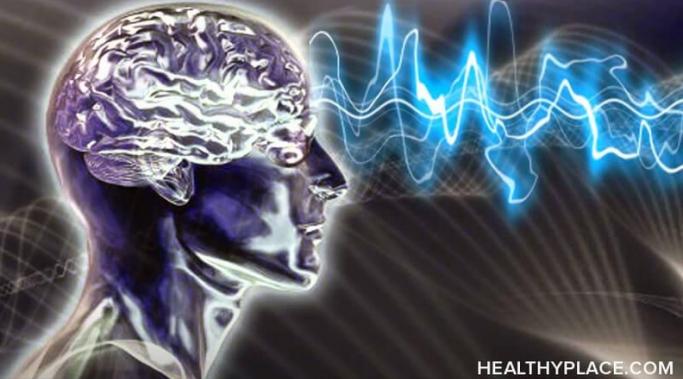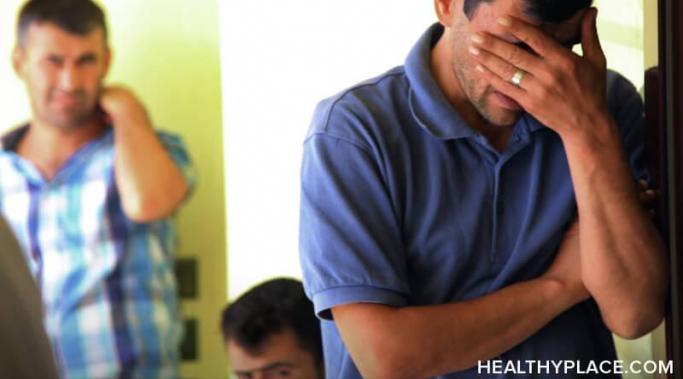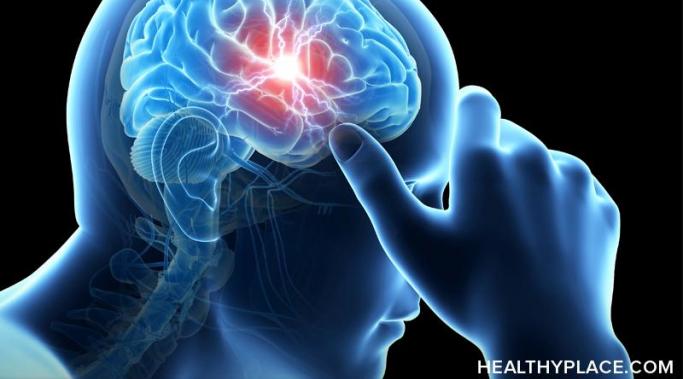Perhaps you've heard of 2019 n-CoV, a new strain of coronavirus that is causing high anxiety worldwide. It's part of a family of viruses that includes germs responsible for the common cold as well as much more serious viral infections like severe acute respiratory syndrome (SARS-CoV) and has been causing many people to become ill very quickly.1 Reports of "coronavirus" have caused health anxiety to flare, and many people are worried and fearful about what might happen because of it. If you are experiencing coronavirus anxiety, there are things you can do to stay calm, avoid panic, and reduce health anxiety.
Anxiety Causes
If there’s one thing that can make anyone feel anxious, it’s the prospect of failure. The reasons are, admittedly, self-evident: if you really care about something, whether it’s a personal project, goal, relationship, or what have you, then you’re going to want it to succeed. But, of course, failure is part of life, so it is best to be ready to confront fear and anxiety when it inevitably happens to you.
Do you ever feel in control of time, or do you feel like you'll never finish everything you want to do?
I feel like there's never enough time, so I don’t understand how anyone ever feels bored. By definition, being bored suggests you don’t have any idea how to spend your time. I feel literally the exact opposite: on most days, I feel like I never have enough time to do even a fraction of what I’d like to do.
Sometimes, to reduce anxiety, the most powerful thing we can do is reconnect with ourselves, our values, and those in our lives. Chances are, your life is busy. To be busy can be good and healthy when we're pursuing our passions and creating the quality life we want. However, when we become too busy and stress dominates, we risk becoming disconnected from what's most important to us, the values that often drive our busyness in the first place. To reduce anxiety in the long term, reconnect to what gives your life meaning.
With the new year now underway, you’re bound to hear talk of people resolving to cut out toxic relationships, people, what have you. In fact, I’m sure so many people say that every year, the very thought of anyone suggesting they’re going to cut out toxic relationships is more of a cliché than anything else, eliciting nothing more than an eye roll. I mean, who really follows through on any of their resolutions, anyway?
If you experience anxiety or depression, your thyroid could be part of the cause. Place your hand gently on your throat and notice the feel of a tube (that's your trachea, also known as a windpipe). Now, close your eyes and picture a small butterfly perched across the front of the trachea. That's your thyroid, an imperceptible yet powerful gland that plays a big role in your body's functioning, including, possibly, anxiety and depression. While research studies thus far have found mixed results regarding the thyroid's role in mental health, there is enough evidence linking thyroid functioning to anxiety and depressive disorders to consider your thyroid as a possible cause of anxiety or depression.
I know what it's like to be an anxious young adult. I’ve been anxious my entire life; however, it wasn’t until I was 18, and in my freshman year of college, that my anxiety received an official diagnosis. With everything else going on relating to the transition into adulthood, a diagnosis of an anxiety disorder just served to make an already chaotic time that much more so. Given that I doubt I’m the only one who has gone through (or who is going through) this difficult series of circumstances, I want to address this blog to any young adults who may be struggling with profound anxiety for the first time in their lives.
Every time somebody attempts or dies by suicide, at least six people are left struggling profoundly to deal with the difficult, overwhelming emotions that are a natural part of grief1. Those bereaved by suicide often feel high anxiety and guilt. Unfortunately, however, this intense anxiety and crushing guilt can be overlooked as everyone focuses on the person who has attempted or died by suicide. If you have excessive anxiety, worry, fear, and/or feelings of guilt in the wake of suicidal behavior of someone you care about, know that you're not alone and that your feelings aren't wrong or selfish. The following information can help you identify your anxiety and guilt as well as know what to do about it. (Note: This post contains a trigger warning.)
Constant anxious thoughts can induce great misery and suffering. Automatic negative thoughts, or ANTs, are patterns of thinking that cause anxiety and keep anxiety strong and powerful. Words like "should," "shouldn't," "always," "never," and a host of negative labels we place on ourselves are part of those automatic negative thoughts that can keep us trapped in our private world of thoughts, worries, and fears. Because understanding the nature of constant anxious thoughts can help you choose what to do about them, here are a few facts about anxiety and thoughts.









